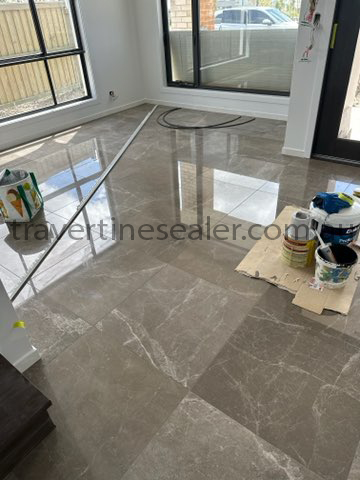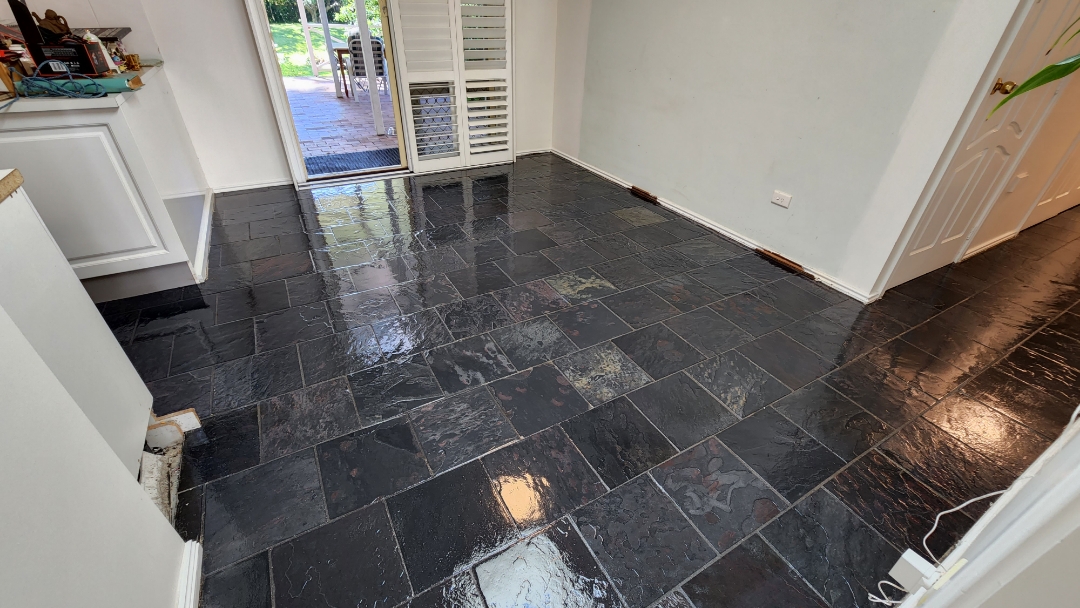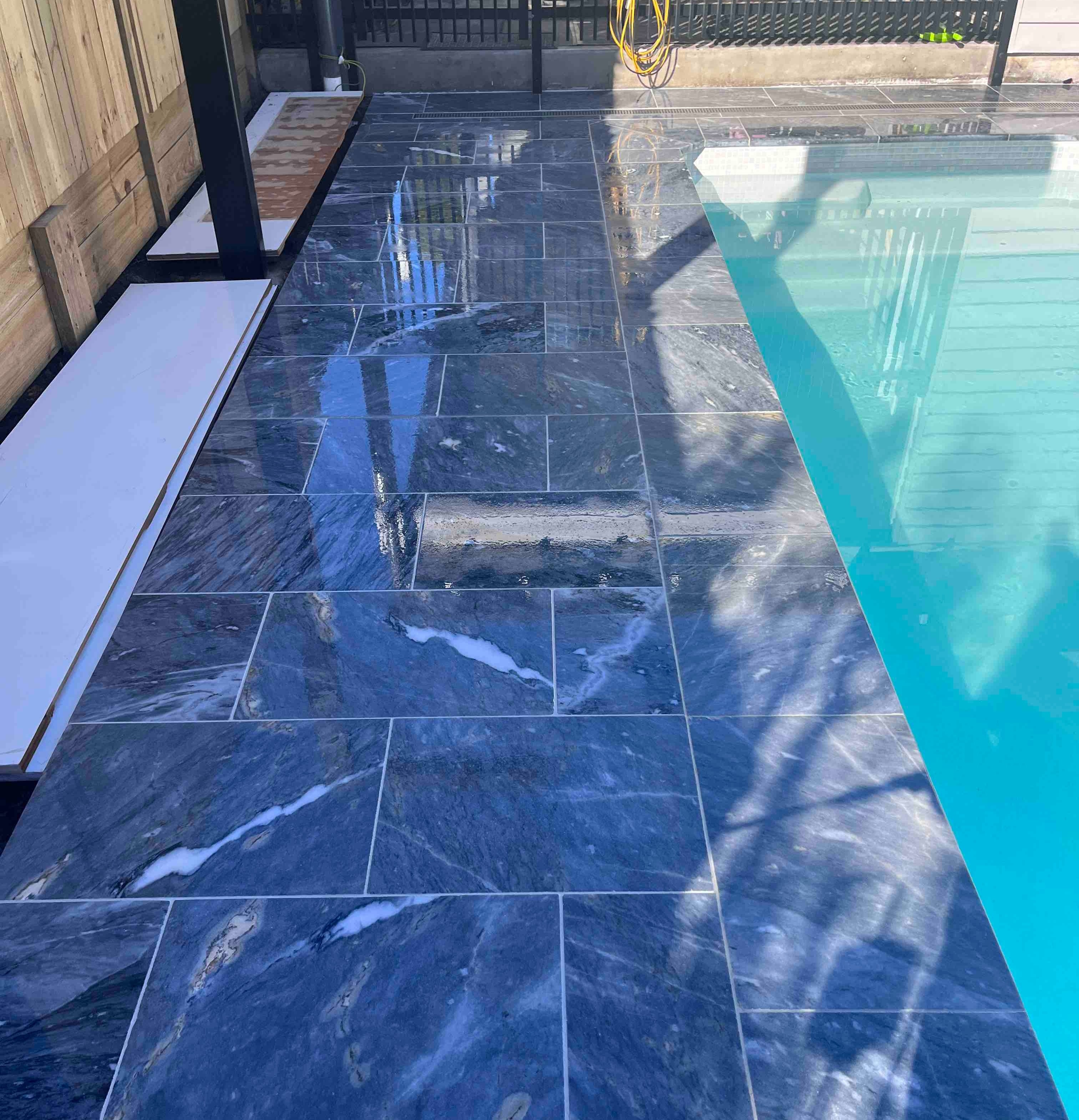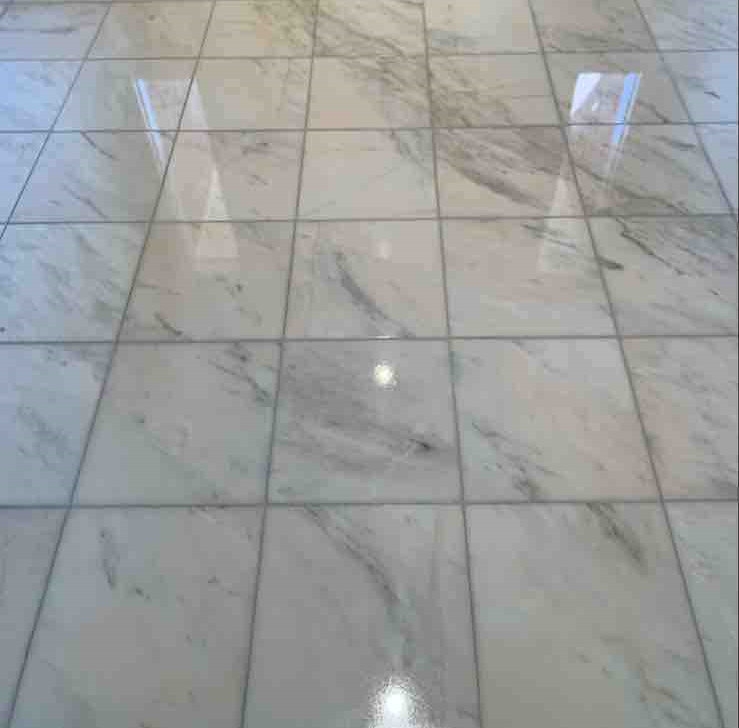- travertine Sealer Avalon
- Penetrating travertine Sealer Avalon
- Outdoor travertine Sealer Avalon
- Non Slip Sealer for travertine Avalon
- Long Lasting travertine Sealer Avalon
- Impregnating travertine Sealer Avalon
- Breathable travertine Sealer Avalon
- Best travertine Sealer Avalon
- Sealing travertine Pavers Avalon
- Sealing travertine around Pool Avalon
- Sealing travertine Kitchens Avalon
- Sealing travertine Bathrooms Avalon
- Sealing travertine Showers Avalon
- Sealing travertine Benchtops Avalon
- Protecting against Acid Attack
- Protecting against Salt Attack
- Protecting against Efflorescence
- Why travertine?
- What is travertine?
- What is Efflorescence?
- Maintenance & Care Avalon
- travertine Stains Removal Avalon
- Efflorescence Removal Avalon
- travertine Available Finishes Avalon
Finishes Available for travertine Avalon - Sydney
While marbles and granites are commonly ground and polished to achieve a high gloss, many types of travertine in Avalon are too soft for this procedure. In most instances, travertine will be honed or ground to a flat or matte finish. Honed travertine exhibits an almost chalky appearance, with minimal to no sheen.
However, there are several other finishes available for travertine in Avalon. The techniques and finishes applied can result in achieving a completely different look and effect.
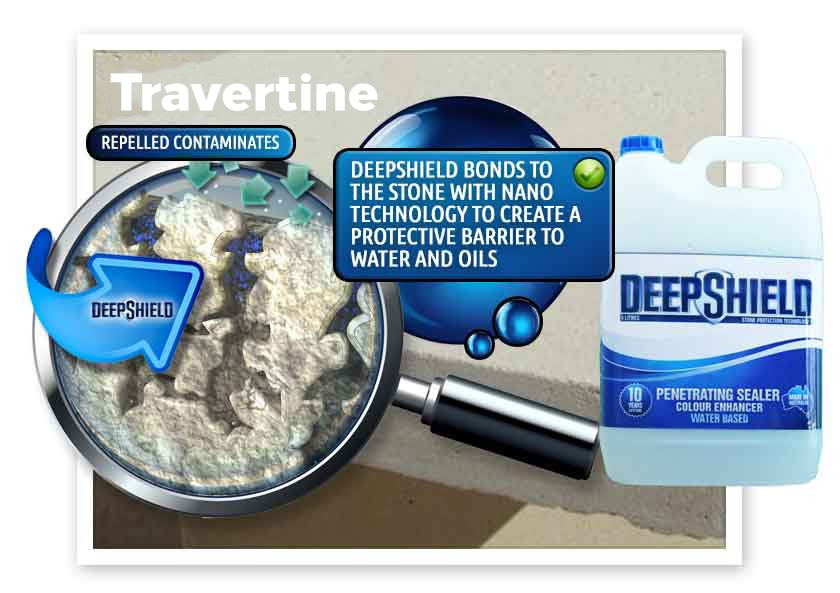 Various finishes are better suited to specific environments, situations, and preferences in Avalon
Sawn
Various finishes are better suited to specific environments, situations, and preferences in Avalon
Sawn
A comparatively rough surface is achieved. The natural stone is sawn without any additional processes such as honing, tumbling, or flaming, making the saw marks likely to be visible.
PolishedA smooth and reflective surface is achieved, enhancing the full color and character of the travertine. This finish is less slip-resistant and typically reserved for indoor areas in Avalon like hotel receptions and tabletops. Finer abrasives are progressively used after the honing stage, and the stone is buffed to achieve a high gloss.
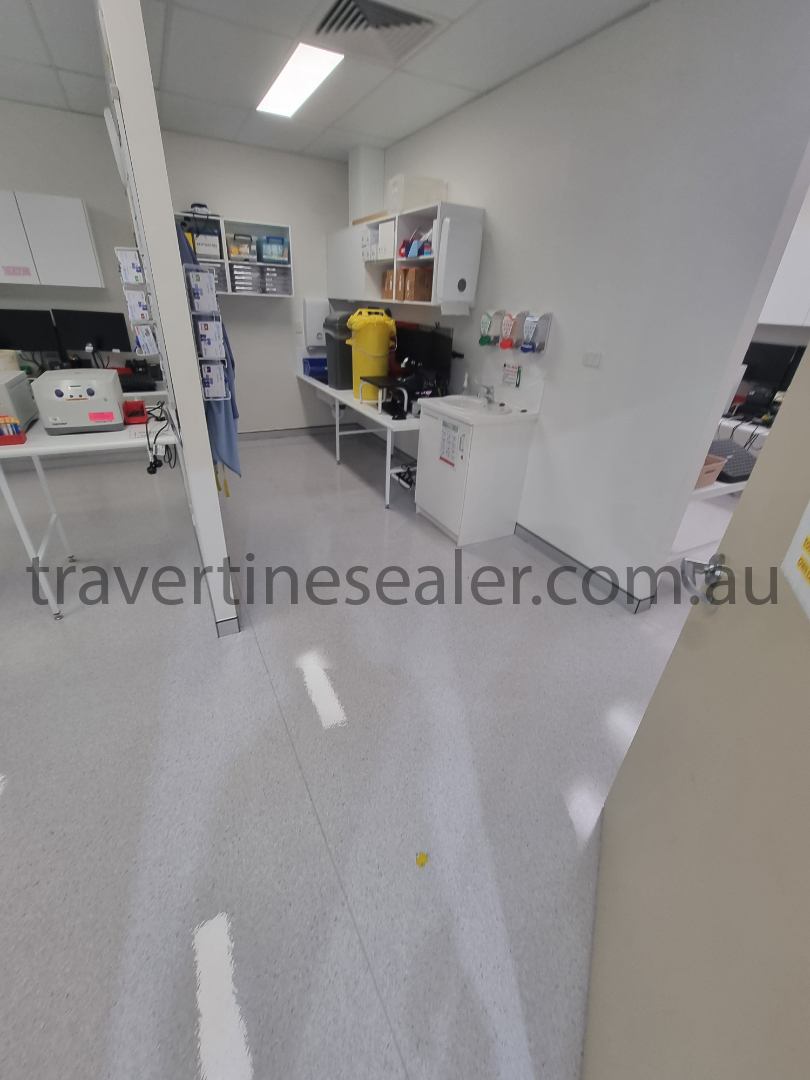
Antiqued/Tumbled
Tumbling is a common technique in Avalon involving distressing the edges and surface of the travertine by vibrating it in a bath of sand, grit, and sometimes acid. This process results in a finish that appears aged and worn.
HonedThis method is less aggressive than grinding, yet similar. The travertine in Avalon is ground and sanded using coarse grit abrasives to achieve a smooth but satin, non-reflective finish. It produces a satin-smooth surface with minimal to no gloss.
GroundThis method is highly aggressive and involves using a metal-bonded, diamond grit heavy weighted floor buffer to eliminate deep scratches and lippage. The aim in Avalon is to flatten the floor and smooth out imperfections, often followed by honing and polishing.
BrushedSteel or hard nylon brushes, along with water, are utilized to brush and wear out softer parts of the travertine in Avalon, creating a textured finish. This technique provides an antique appearance to the stone.
SandblastedA textured surface is created in Avalon by blasting sand at high pressure onto the travertine. Shot-blasting is a similar process. This process often lightens the travertine and can mask its natural character by hiding the veins and fossils within the stone.
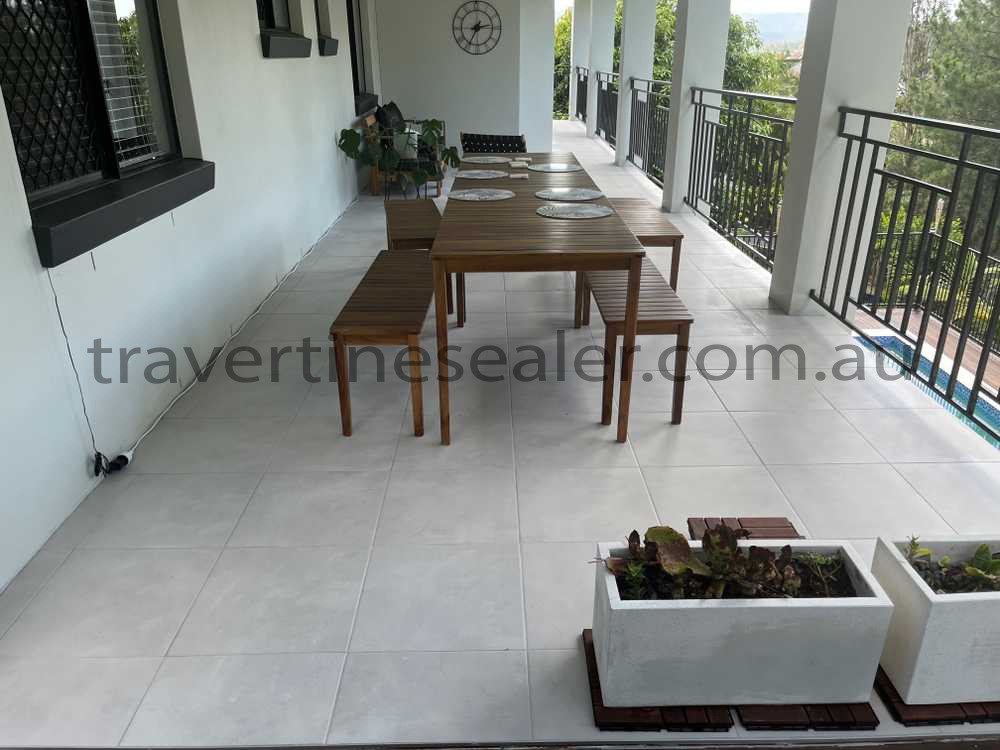
Bush-Hammered
This technique involves using a bush hammer, either applied by machine or hand, at high impact to pit the surface of the travertine in Avalon. It can create a highly anti-slip finish.
ChiselledLines are mechanically chiselled into the travertine in Avalon to produce an anti-slip finish.
StoneMaster possesses the expertise and capability to resurface your travertine, eliminating scratches and etches while achieving the desired look.In most cases, with regular wear on travertine, a simple polish will restore its sheen.
In instances of extensive wear and etching, StoneMaster can resurface the affected area in Avalon, eliminating all scratches and etches, and subsequently polish it with a polishing compound to reinstate the original finish for travertine.
